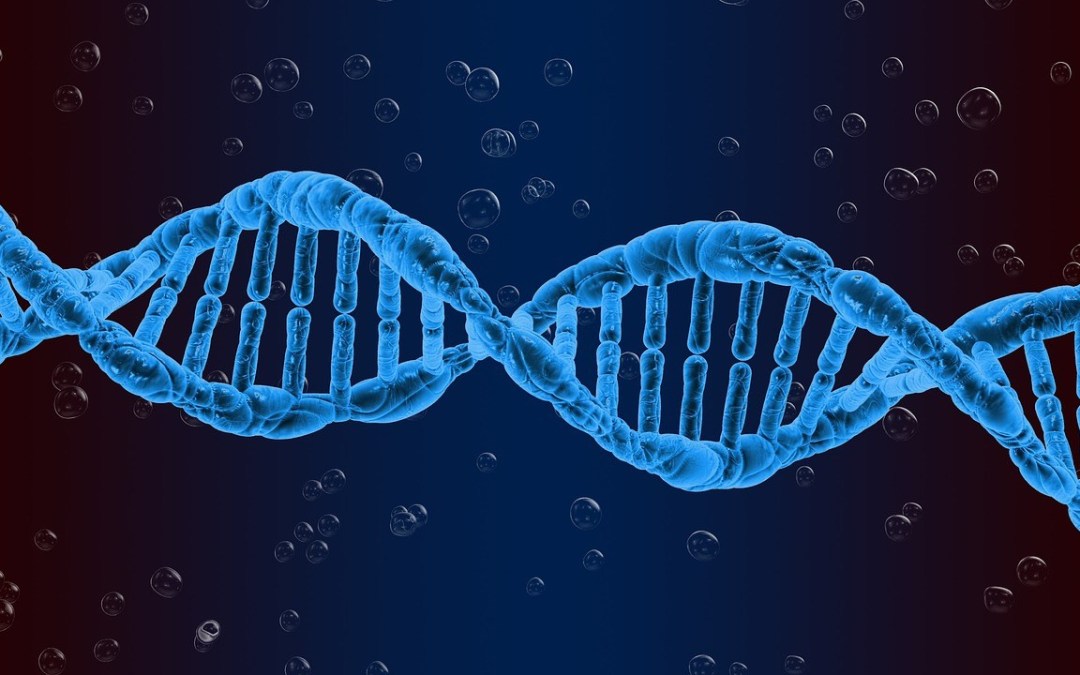
If someone were to ask you the question “do you think your genes have influenced your personality”, many people would just simply respond absolutely not, I’m a product of how I was brought up and my subsequent life experiences have shaped who I am’, this was the school of thought for most of the history of mankind, the Greek philosopher Aristotle even coined a phrase for it, tabula rasa, translated now as ‘blank slate’.
Scientists have now found evidence that undeniably identifies genetic links between a set of psychological factors known as ‘the big five‘ personality traits – extraversion, neuroticism, agreeableness, conscientiousness, and openness to experience – and say they could also influence risk factors for certain psychiatric disorders.
It has been thought for some time that evolution is definitely a factor in the personality we have it’s now irrefutable but our genes are also a major shaping element. Anyone that believes in evolution (hopefully most of our readership), will be aware of the concept of survival of the fittest and therefore the passing on of superior genes by generation.
“Although personality traits are heritable, it has been difficult to characterise genetic variants associated with personality until recent, large-scale GWAS,” explains lead researcher Chi-Hua Chen from the University of California, San Diego.
We know that parts of our personality, such as intelligence, are down to a combination of the genes we were born with – our inherited DNA – and our life experiences, such as how good our teachers are when we’re growing up.
Chen and his team analysed genetic data, including around 60,000 genetic samples collected, and with so much DNA data to work with, they were able to look for correlations between specific genetic features, personality traits, and psychiatric disorders.
Other genetic correlations showed connections between extraversion and attention deficit/hyperactivity disorder (ADHD); between openness and schizophrenia and bipolar disorder; and between neuroticism and depression and anxiety.
Candidate Genes
Studies of biological twins are suggestive of the possibility that eventually, with enough knowledge about human DNA, scientists will be able to discover a specific gene for almost anything related to personality, preferences, intelligence, or physical characteristics.
In one research, researchers looked for specific small repeating sections of genes (single nucleotide polymorphisms or SNPs) that identified a version of a specific gene. One really famous SNP is the APOE4 genetic polymorphism, which has been linked to increased risk for Alzheimer’s Disease in humans.
In other words, the same parts of DNA coding that help define our personalities could also affect our likelihood of developing mental health problems throughout our lives.
Scientists are keen to point out that ping-pong with this gene doesn’t specifically imply you are predetermined for these mental illnesses however it means you have a pre-disposition and are more likely to be affected.
On the other hand, the researchers have found no genetic overlap between mental illnesses and agreeableness (being cooperative and compassionate), or conscientiousness (being responsible and self-disciplined), these seem to be a product of our nurture as opposed to nature.
It’s still early days for the research, and the study has only shown a correlation, not a causative link between personality traits and certain psychological disorders, but the team says with more investigation, we might be able to find a way to predict and treat these disorders in the future.
“We found genetic correlations between personality traits and psychiatric disorders, but specific variants underlying the correlations are unknown.”


